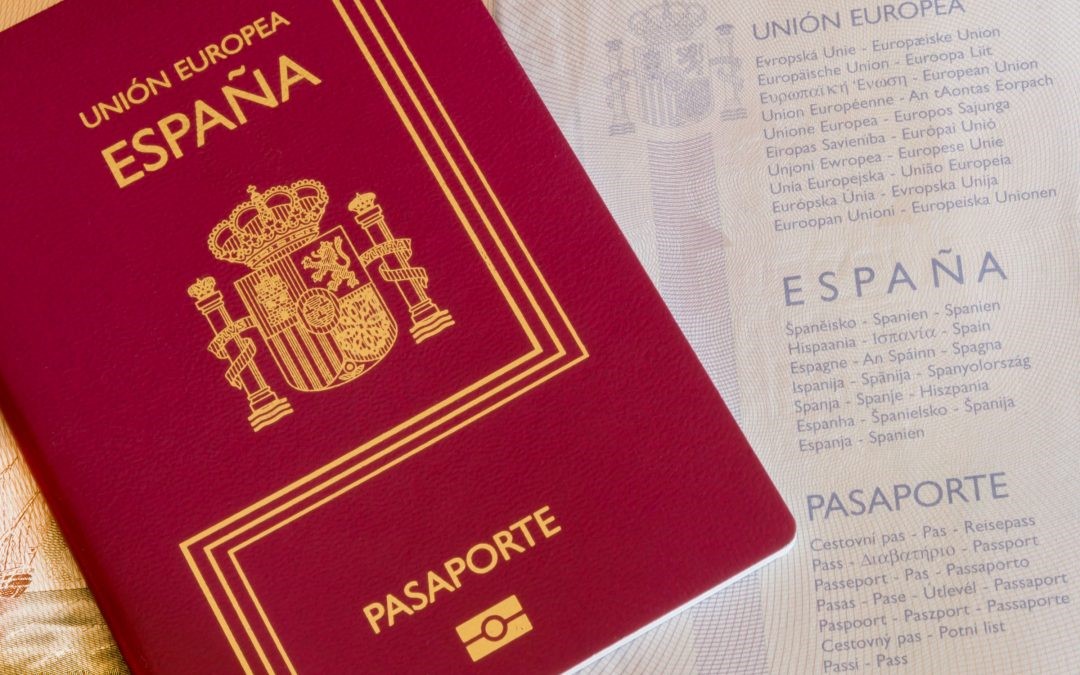 As a translation student in the UK, which documents do I need for an internship in Spain?
As a translation student in the UK, which documents do I need for an internship in Spain?
Due to Brexit, going on a year abroad has become a lot harder for UK students. What once was a simple process is now a long and complicated battle with bureaucracy.
The first step is to determine if you need a visa, and if so, what type. Spanish University programmes only require student visas, which are easily obtained. Charity work, volunteering, or online work have no visa requirements if they last up to 90 days in any 180-day period, because UK citizens are free to travel to the Schengen area (which includes most EU countries, including Spain) without a visa. However, if you are planning on carrying out an internship, or any form of unpaid work (which lasts for more than 90 days), you will need an internship visa, or visado de prácticas, to do so. This type of visa can be quite difficult to get and can take upwards of 3 months to be approved.
For a number of reasons, including the slow pace of bureaucracy, it is important to start the application process earlier than you think. In the wake of COVID-19, even the wait for a visa appointment can take a few months, so it is vital to be organised as early as possible.
There are a few things you need in order to apply for an internship visa, these include:
- Two completed and signed National Visa Application forms
- Two recent colour photos with a white background (similar to a passport photo)
- Original passport and a photocopy of the photo page
- A letter of acceptance from the Spanish company
- Residence Authorization for Internships (Law 14/2013 DA 18a), provided by the Spanish company
- Health insurance covering the stay in Spain
- Proof of financial means for accommodation and living costs (84€)
More information can be found on the Spanish Consulate’s website. Some elements of this list, however, are quite unclear. For example, at least 5 months’ worth of recent bank statements are needed as proof of financial means. Furthermore, it is important to double check your documents and their specific requirements before your appointment to ensure your visa is processed as quickly as possible.
The trickiest part of the whole process is applying for the Residence Authorization for Internships. Even though the Spanish company has to submit this application, there are still a number of documents you have to fill out. The list of documents required is similar to that above, but a specific form (EX04) is needed. This can be found on the Consulate website, or via the link below.
This authorization is the most vital part of the internship visa application, as it gives you the right to carry out unpaid work in Spain. This element, however, can take the longest to be approved. Because of both Brexit and the lengthy process of bureaucracy it can take up to 3 months to receive the official approval, so it is essential to start this process early.
Once the Residence Authorization for Internships has been approved and all of the documents needed have been checked and accepted, it can take up to 10 days for the visa to be processed. After you have received your visa, which is now a page in your passport, you are free to travel on your year abroad. Despite being a long, and sometimes challenging process, having a Spanish visa allows you to immerse yourself in the culture by living and working in the country. It is definitely worth waiting for.
